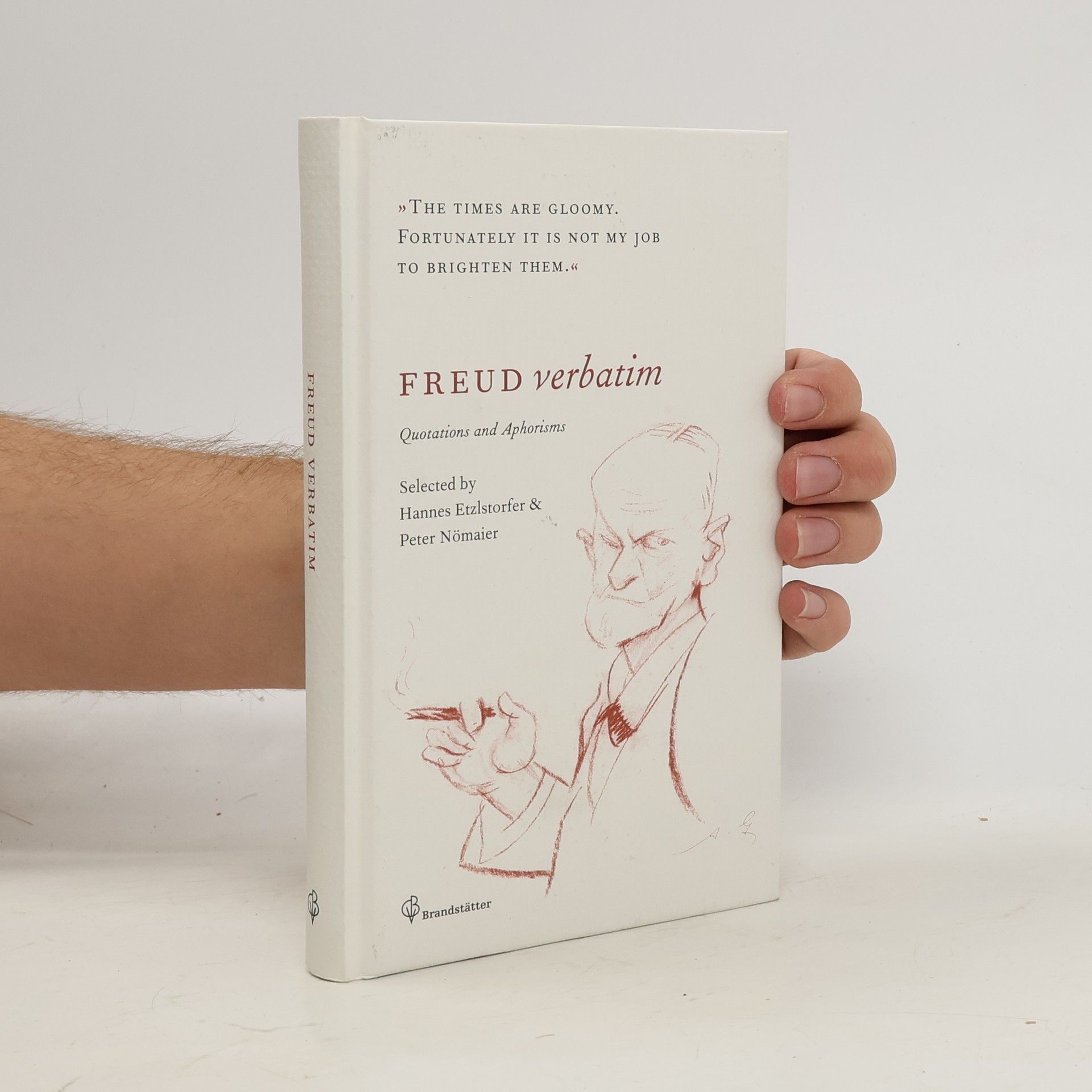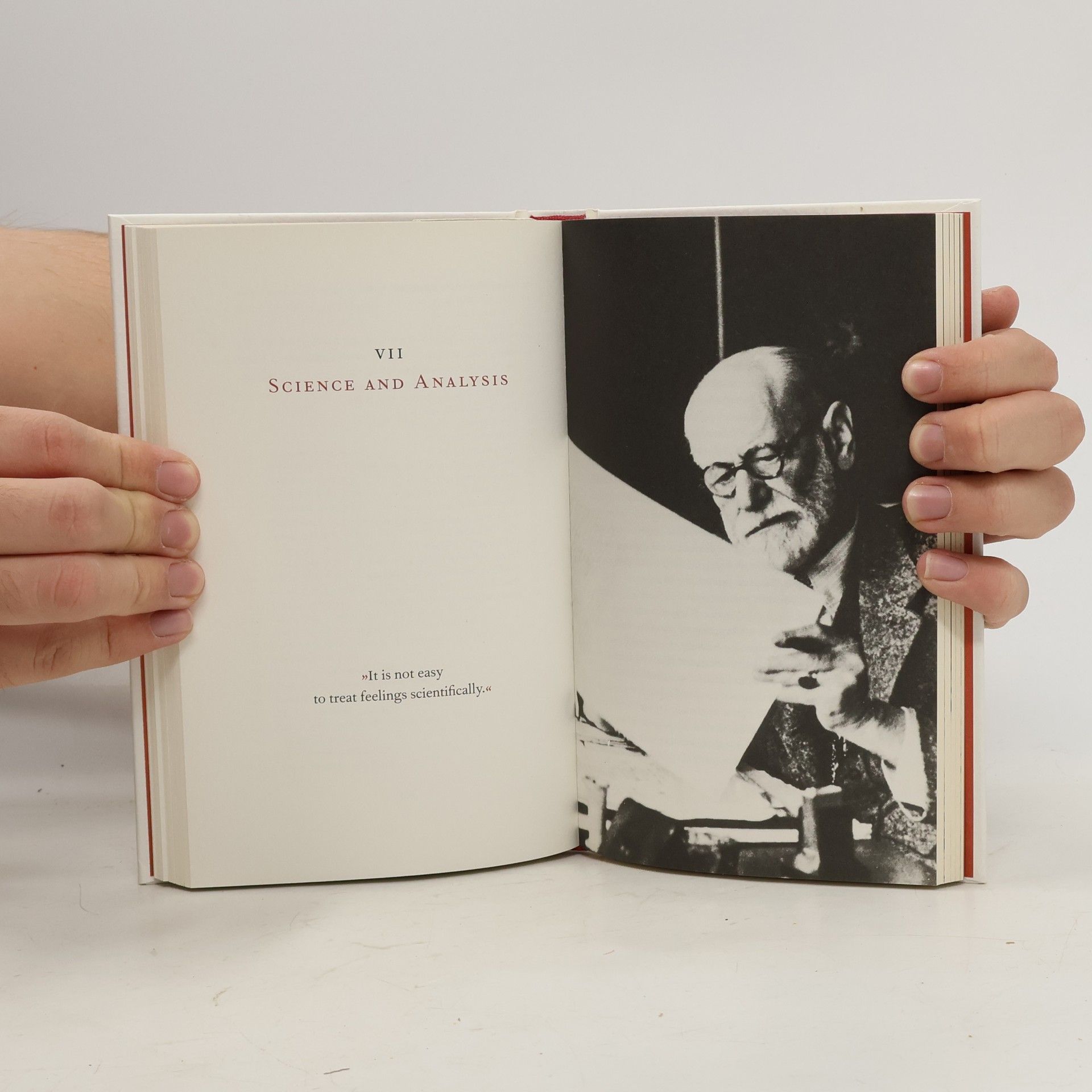Více o knize
The biography of Sigmund Freud reveals a diverse blend of traditions, mentalities, worldviews, and scientific methods central to Viennese intellectual life around 1900. Despite facing significant opposition, Freud's writings as the first "explorer of the unconscious" have profoundly influenced contemporary thought. As the founder of psychoanalysis and creator of terms like ego, superego, and id, his impact is global. This collection presents a range of quotes, maxims, and observations that sketch a multifaceted personality with wide-ranging interests, including politics, religion, interpersonal relationships, and humor, drawn from his extensive writings. Readers will find a fascinating array of opinions that illuminate his character and the cultural issues of his time, many of which retain their timeless brilliance. Alongside excerpts from Freud's major works, the collection also includes personal letters that offer rich insights and amusing remarks. Edited correspondences from various scholars have contributed significantly to this compilation. Organized into ten thematic chapters, this collection provides a representative glimpse into Freud's work, allowing readers to engage with his ideas through concise quotations that, while partial, reflect a broader understanding of his contributions.
Nákup knihy
Freud verbatim, Sigmund Freud
- Jazyk
- Rok vydání
- 2011
- product-detail.submit-box.info.binding
- (pevná),
- Stav knihy
- Velmi dobrá
- Cena
- 69 Kč
Doručení
Platební metody
Nikdo zatím neohodnotil.


